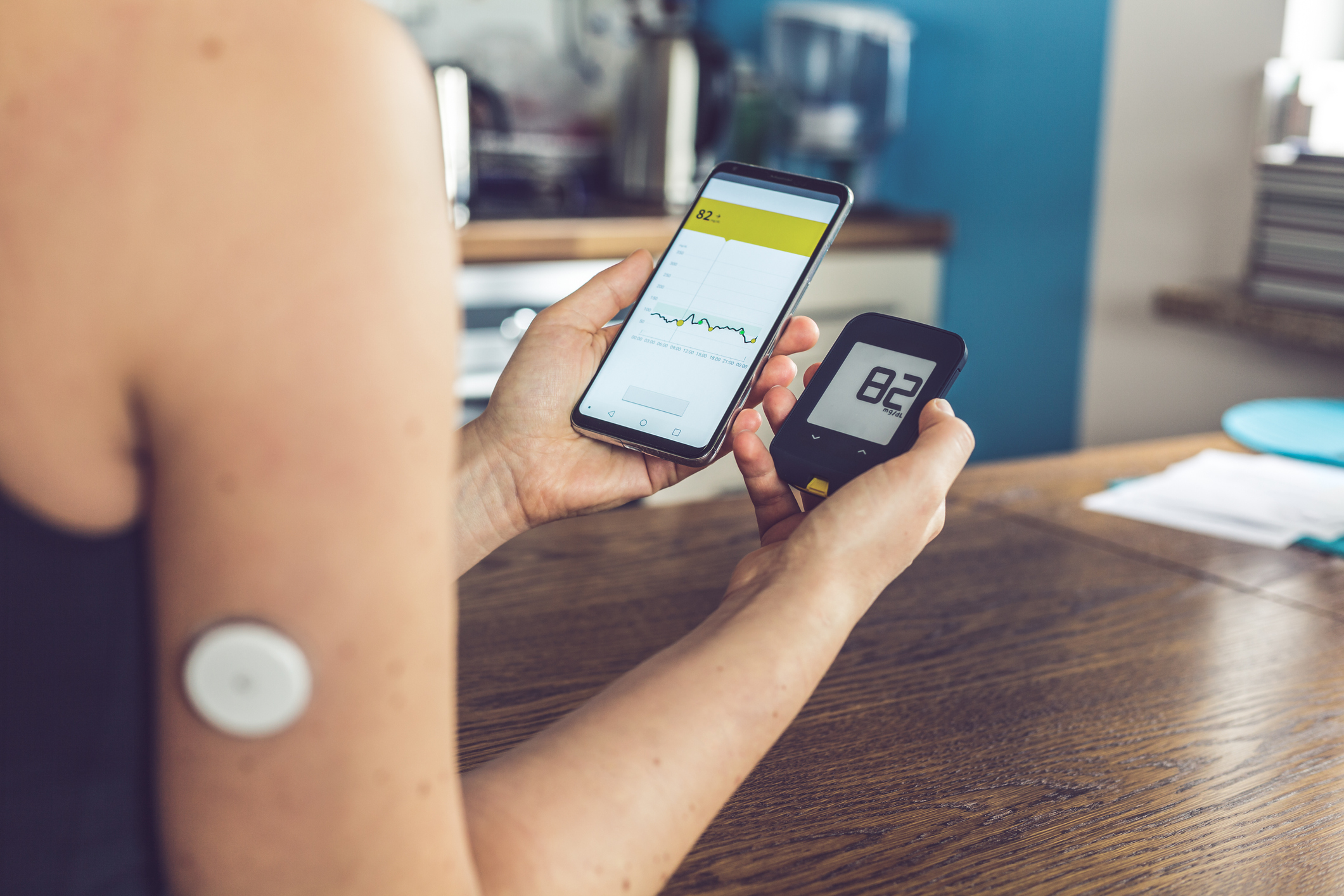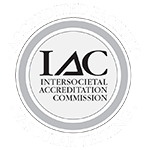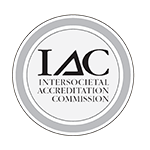
November was American Diabetes Month. So why not talk about the relationship between Diabetes and Vascular diseases? Over 34 million Americans have diabetes, according to the CDC, and, with high blood sugar levels, your arterial walls can be adversely affected.
First, let’s understand the different types of diabetes:
- Type 1 diabetes (also referred to as early-onset, juvenile or insulin-dependent diabetes). Children and young adults are most likely to develop the condition over a short period of time (days and weeks). Type 1 diabetes occurs when the pancreas stops releasing insulin. It is treated with insulin injections and a healthy diet.
- Type 2 diabetes (also referred to as late-onset, maturity-onset or non-insulin-dependent diabetes). It is most likely to develop in those over the age of 40 (but can occur in younger people). It is more likely to affect those who are overweight and those with a family history of diabetes. The illness and symptoms of Type 2 diabetes tend to develop gradually (over weeks or months). Unlike Type 1 diabetes, the pancreas still produces insulin, but it may not be as much as the body requires, or the body is not able to use the insulin properly. This is called insulin resistance.
As mentioned, with blood sugar levels being poorly controlled and higher than normal for extended periods, plaque buildup in the arteries leads to narrowing of the artery (atherosclerosis) causing a host of vascular problems.
Diabetes is linked to several vascular diseases:
- EYE: (Retinopathy) abnormal growth of blood vessels in the back of your eye
- KIDNEY: (Nephropathy)damage to the tiny filtering units of the kidney
- NERVES: (Neuropathy)damage to the nerves (often the feet and toes) causing a burning sensation or numbness.
- Atherosclerosis—generalized hardening of the arteries
- Carotid Artery Disease and Stroke—plaque accumulation in the arteries supplying the brain
- Peripheral Artery Disease (PAD)—narrowing of the arteries to the legs
- Coronary Artery Disease—reduction of blood flow to the heart itself
Risk Prevention for Vascular Disease
The closer your blood glucose level is to normal, the less likely the risk of developing complications. However, you can further reduce your risks by avoiding:
- High Blood Pressure
- Smoking
- Being Overweight
- High Cholesterol Levels
- Unhealthy Diets
- Lack of Exercise
- Stress
Keeping active and eating healthy in order to control blood sugar levels can set you on the path to reducing vascular diseases. The good news is that along with some medications and altering your lifestyle, you may be able to keep your diabetes in check and control any adverse vascular outcomes.
As always, regular medical exams and staying aware of changes or new conditions in your body is important to your overall health. And, if you experience any of the following diabetes-related vascular symptoms, contact your doctor immediately:
- Blurred vision
- Floating spots in your vision
- Unexpected weight gain or swelling in your face or limbs
- Foamy looking urine
- Sores on your feet
- Loss of feeling in your hands or feet
- Burning feeling in your hands or feet
- Pain in your legs when walking
- High blood pressure
- Chest pain







_2.jpg)